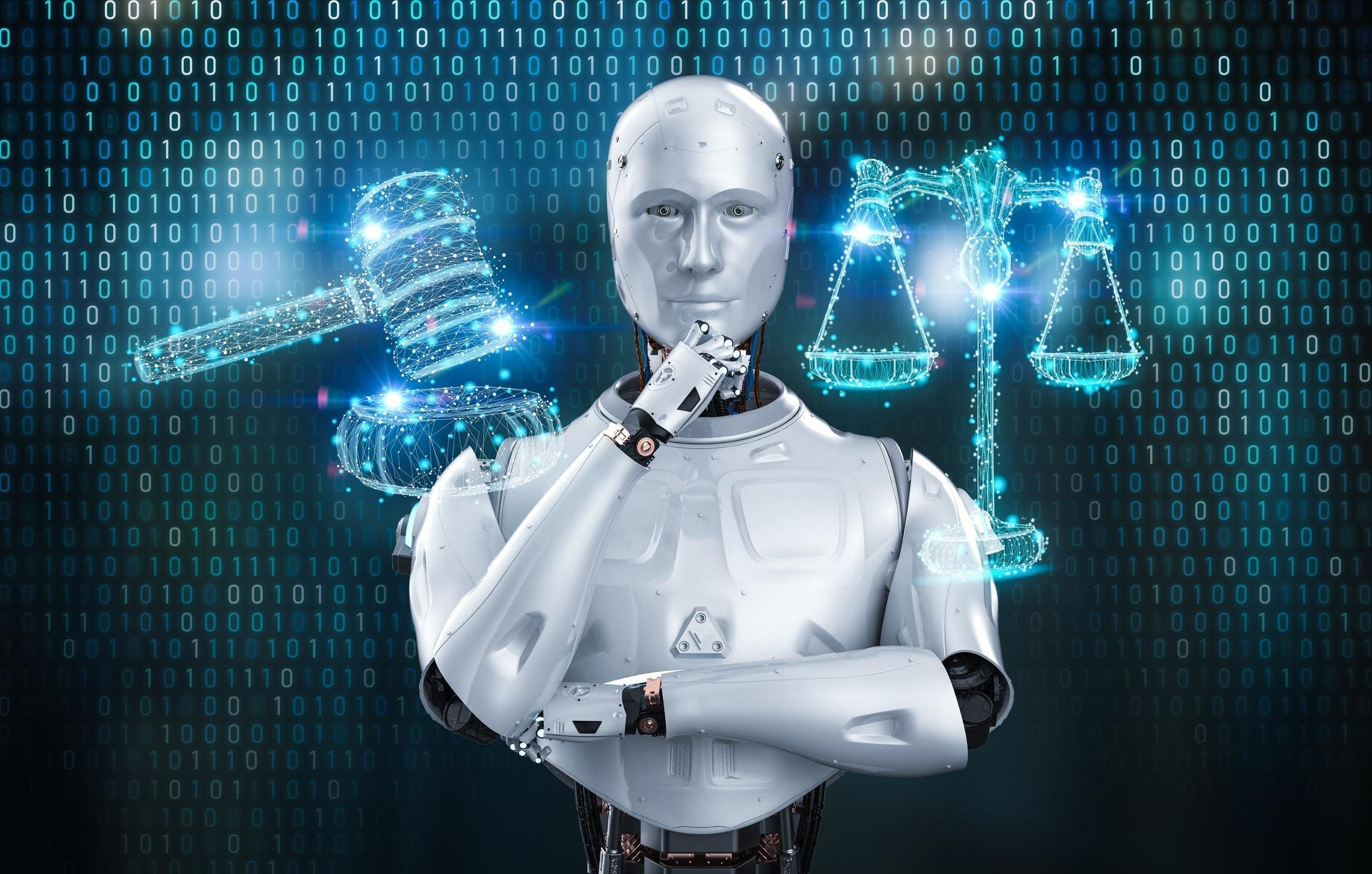Artificial Intelligence (AI) has become an integral part of modern society, offering transformative potential across various sectors such as healthcare, finance, transportation, and entertainment. While AI’s capabilities promise unprecedented advancements, they also bring forth a myriad of ethical concerns and regulatory challenges that must be judiciously addressed. This article seeks to explore these issues, providing an informative overview of the complexities involved.
Ethical Concerns
1. Bias and Fairness
One of the foremost ethical concerns surrounding AI is the issue of bias. AI systems are trained on vast datasets that may contain inherent biases. These biases can manifest in the decisions made by AI, leading to unfair treatment of certain groups. For example, AI algorithms used in hiring processes have been found to favor certain demographics over others, thereby perpetuating existing inequalities. Ensuring fairness requires meticulous attention to the data used for training and the development of algorithms that can identify and mitigate biases.
2. Privacy and Surveillance
The deployment of AI technologies often involves the collection and analysis of large amounts of personal data. This raises significant privacy concerns. AI-powered surveillance systems, for instance, can track individuals’ movements and behaviors, potentially infringing on their privacy rights. The ethical dilemma lies in balancing the benefits of AI, such as enhanced security, with the need to protect individual privacy.
3. Autonomy and Accountability
As AI systems become more autonomous, questions about accountability become increasingly pertinent. Who is responsible when an AI system makes a mistake? For instance, in the case of self-driving cars, determining liability in the event of an accident is complex. The challenge is to design AI systems that are not only reliable but also have clear mechanisms for accountability.
4. Job Displacement
AI has the potential to automate a wide range of tasks, leading to concerns about job displacement. While AI can create new job opportunities, it can also render certain jobs obsolete. The ethical challenge is to ensure that the benefits of AI are equitably distributed and that measures are in place to support workers who are displaced by automation.
5. Manipulation and Deception
AI can be used to create highly convincing deepfakes and other forms of digital manipulation. These technologies can be exploited to spread misinformation, manipulate public opinion, and deceive individuals. The ethical concern here is to develop AI in a way that minimizes its potential for misuse, while also educating the public about the risks.

Regulatory Challenges
1. Lack of Standardization
One of the primary regulatory challenges in the realm of AI is the lack of standardization. Different countries and regions have varying regulations and standards for AI development and deployment. This lack of uniformity can lead to regulatory arbitrage, where companies exploit less stringent regulations in certain jurisdictions. Developing international standards for AI is crucial for ensuring its ethical and responsible use.
2. Rapid Technological Advancements
AI technology is evolving at a rapid pace, often outstripping the ability of regulatory frameworks to keep up. This creates a regulatory lag, where outdated regulations may not adequately address the complexities of modern AI systems. Regulators face the challenge of creating flexible and adaptive frameworks that can evolve alongside technological advancements.
3. Transparency and Explainability
AI systems, particularly those based on deep learning, can be highly complex and opaque. This lack of transparency poses significant regulatory challenges. Regulators need to ensure that AI systems are explainable and that their decision-making processes can be understood by humans. This is particularly important in critical areas such as healthcare and criminal justice, where the consequences of AI decisions can be profound.
4. Cross-Border Data Flows
AI often relies on the aggregation and analysis of data from multiple sources, which can involve cross-border data flows. Different countries have different data protection laws, creating a complex regulatory landscape. Harmonizing these laws and ensuring that data can be shared and used responsibly across borders is a significant regulatory challenge.
5. Ethical AI Development
Regulating AI also involves ensuring that its development adheres to ethical principles. This includes promoting transparency, fairness, and accountability in AI systems. Regulators need to collaborate with AI developers, ethicists, and other stakeholders to create guidelines and standards that promote ethical AI development.
Balancing Innovation and Regulation
The key challenge in addressing the ethical concerns and regulatory challenges of AI is to strike a balance between fostering innovation and ensuring responsible use. Overly stringent regulations can stifle innovation, while lax regulations can lead to ethical breaches and misuse. Policymakers need to adopt a balanced approach that encourages technological progress while safeguarding public interests.
Multi-Stakeholder Approach
Addressing the ethical and regulatory challenges of AI requires a multi-stakeholder approach. Governments, industry, academia, and civil society need to collaborate to develop comprehensive frameworks for AI governance. This includes creating platforms for dialogue, sharing best practices, and fostering international cooperation.
Continuous Learning and Adaptation
Given the rapid pace of AI development, regulatory frameworks need to be dynamic and adaptable. Continuous learning and adaptation are essential for ensuring that regulations remain relevant and effective. This involves regular reviews of existing regulations, incorporating feedback from stakeholders, and staying abreast of technological advancements.
Promoting Ethical AI Research
Promoting ethical AI research is crucial for addressing the ethical concerns associated with AI. This includes funding research on bias mitigation, transparency, and accountability in AI systems. Encouraging interdisciplinary research that brings together technologists, ethicists, and social scientists can also provide valuable insights into the ethical implications of AI.
Conclusion
Artificial Intelligence holds immense potential for transforming society, but it also brings significant ethical concerns and regulatory challenges. Addressing these issues requires a balanced approach that fosters innovation while ensuring responsible use. By promoting ethical AI development, creating adaptive regulatory frameworks, and fostering multi-stakeholder collaboration, we can harness the benefits of AI while mitigating its risks. The journey towards ethical and responsible AI is complex, but it is essential for ensuring that AI serves the greater good.




